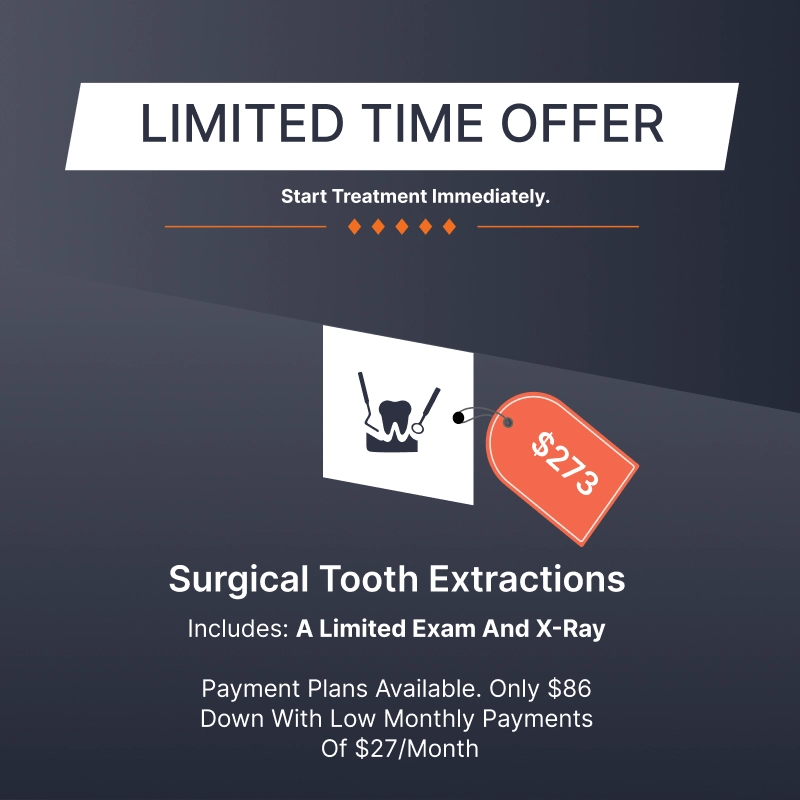Menu
- Home
- About
- Services
- Concerns
- I NEED A CHECKUP AND CLEANING
- I WANT TO ENHANCE MY SMILE
- I HAVE ONE OR MORE MISSING TEETH
- I AM SCARED OF THE DENTIST
- I AM IN PAIN AND NEED HELP
- I WANT TO GET RID OF CAVITY IN MY TOOTH
- I have headaches or jaw pain
- I have crooked or crowded teeth
- I have bleeding or sore gums
- I don't have dental insurance
- I don't know exactly what I need
- Contact
close
Home
Why Choose Legacy DentalMeet Our DoctorsMeet The TeamOur TechnologyTestimonialsSmile GalleryFinancingMembership PlanPatients FormsPayment PortalBlog
I NEED A CHECKUP AND CLEANINGI WANT TO ENHANCE MY SMILEI HAVE ONE OR MORE MISSING TEETHI AM SCARED OF THE DENTISTI AM IN PAIN AND NEED HELPI WANT TO GET RID OF CAVITY IN MY TOOTHI HAVE DISCOLORED TEETHI have headaches or jaw painI have crooked or crowded teethI have bleeding or sore gumsI don't know exactly what I needI don't know exactly what I need
Smile Gallery(385) 446-2942Book Online(385) 446-2942- Home
- About
- Services
- Concerns
- I NEED A CHECKUP AND CLEANING
- I WANT TO ENHANCE MY SMILE
- I HAVE ONE OR MORE MISSING TEETH
- I AM SCARED OF THE DENTIST
- I AM IN PAIN AND NEED HELP
- I WANT TO GET RID OF CAVITY IN MY TOOTH
- I have headaches or jaw pain
- I have crooked or crowded teeth
- I have bleeding or sore gums
- I don't have dental insurance
- I don't know exactly what I need
- Contact
close








